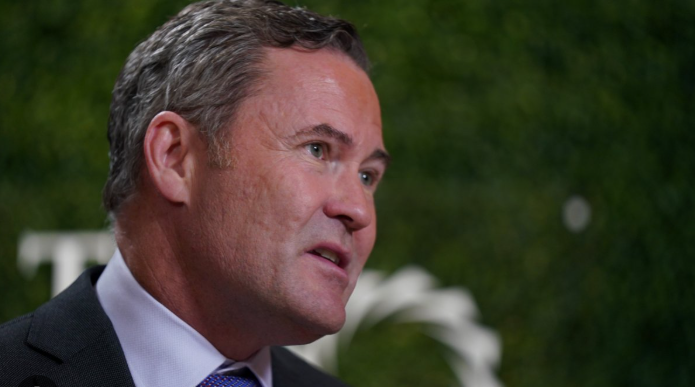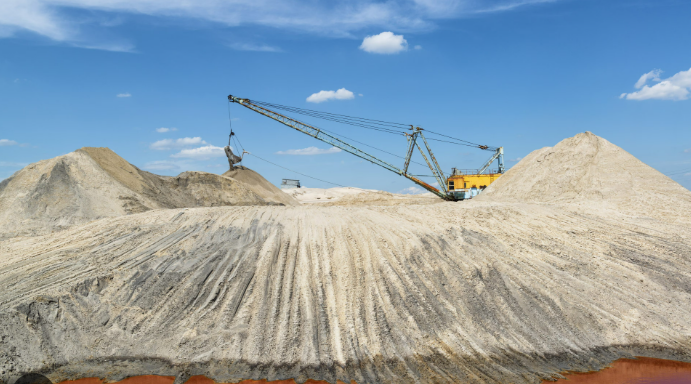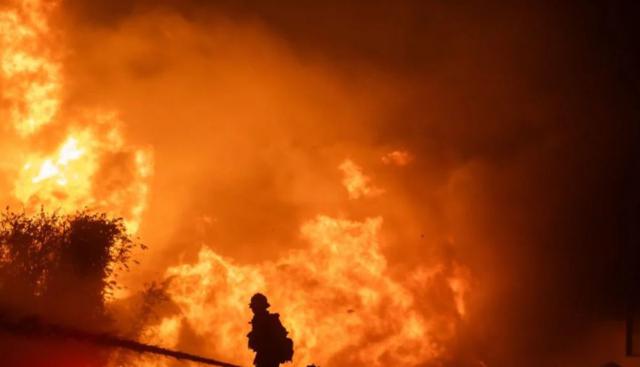[ad_1]
LONDON (Reuters) – Britain will increase the tax paid by those driving new diesel cars that do not meet the latest emissions standards from next year, in the latest blow to the hard-pressed sector.
Sales of diesel cars have fallen 15 percent so far this year in Europe’s second-biggest autos market, whilst demand for petrol has increased 3 percent, as buyers shun diesel models fearful of more levies and regulatory crackdowns.
Since the 2015 Volkswagen (VOWG_p.DE) emissions cheating scandal, a number of major cities including Madrid, Paris and Athens have announced plans particularly focused on cutting diesel emissions including bans, fines and restrictions.
On Wednesday, Britain said it would hike Vehicle Excise Duty (VED) for those registering a new diesel car for the first time from April next year which do not meet more stringent pollution requirements, likely to affect most new buyers.
“The tax system can play an important role in protecting our environment,” Finance Minister Philip Hammond told parliament in his annual budget statement.
“We owe it to our children that the air they breathe is clean.”
The change will add 20 pounds ($27) to the cost of VED for smaller models which fail to meet more stringent standards whilst those driving some larger vehicles could pay hundreds of pounds more.
The extra cost will not apply to next-generation clean diesels which are certified as meeting emissions limits in real driving conditions, the government said.
But a car industry body said it would take time to bring forward the latest technology and the measure would do nothing to decrease the number of older, more polluting vehicles on Britain’s roads.
“It’s unrealistic to think that we can fast-track the introduction of the next generation of clean diesel technology which takes years to develop, in just four months,” said Mike Hawes, the chief executive of the Society of Motor Manufacturers and Traders.
“This budget will also do nothing to remove the oldest, most polluting vehicles from our roads in the coming years.”
Hammond said the money raised from the additional tax would fund a 220-million pound Clean Air Fund to support local plans to improve air quality.
Reporting by Costas Pitas; editing by Stephen Addison
[ad_2]
Source link






Leave a Reply